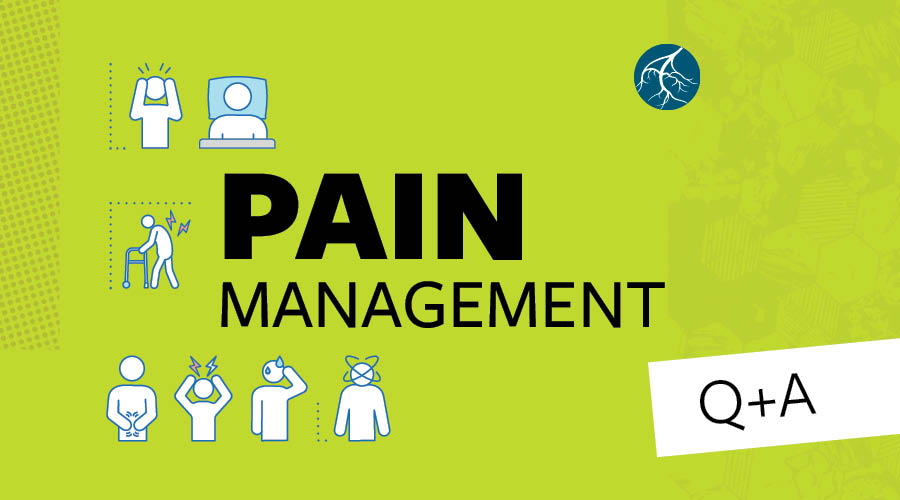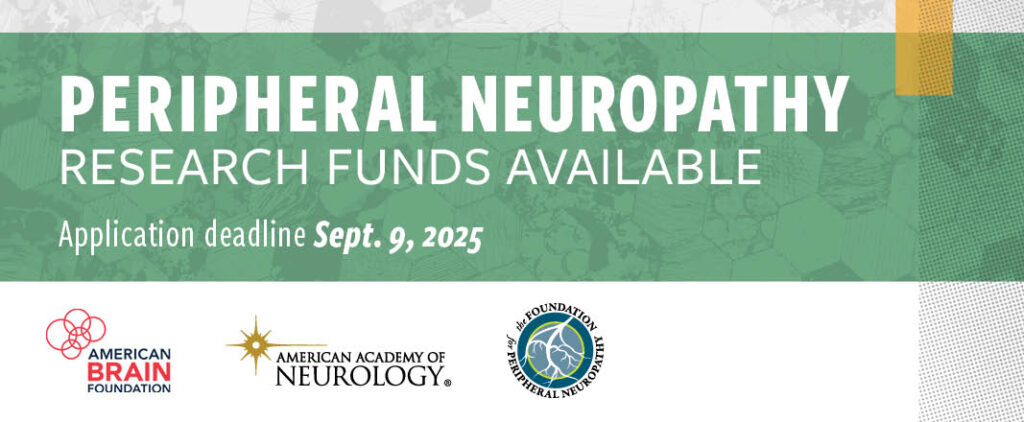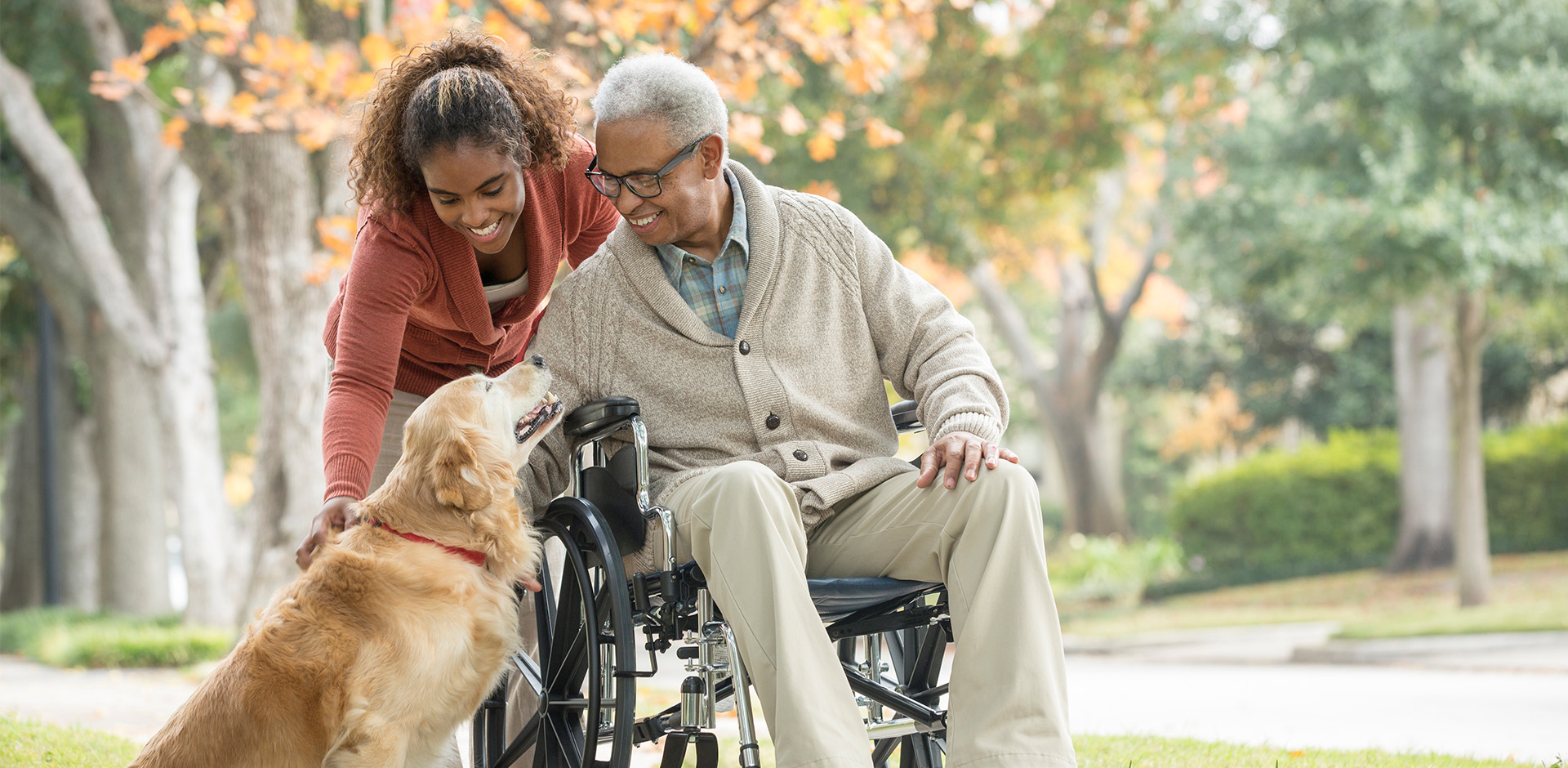Coping with Peripheral Neuropathy
In the Foundation for Peripheral Neuropathy’s March 2019 e-newsletter, Dr. Joseph Breitenstein, a professor of psychology and licensed psychologist at Luther College in Decorah, Iowa, and two of his students, Jimmy Conway and Anna Larson, invited people with peripheral neuropathies to participate in a survey on coping with peripheral neuropathy.
The main part of the survey used scientific questionnaires to measure the severity of their symptoms, coping mechanisms and whether having received psychotherapy for symptom management made a difference in their coping. The questionnaire for symptom severity measured both sensory and motoric symptoms. The coping questionnaire assessed the use of positive coping skills (for example, use of emotional support, planning, acceptance, humor) and negative coping skills (denial, substance use, venting and self-blame).
Survey Results
Ultimately, 391 people, ranging in age from 25-92, completed the survey.
The findings were as follows: In general, higher overall symptoms correlated positively with both proactive and negative coping skills, meaning that the worse the symptoms, the more likely respondents relied upon particular coping strategies. The beneficial coping skills associated with overall symptom severity were use of humor and active coping styles, while the negative skills associated with symptom severity were self-blame and substance use.
Specific differences in a number of specific coping skills were found for both sensory and motor symptoms, notably:
Those with high levels of motor and/or sensory symptoms were more likely to use the following positive coping mechanisms: Emotional support, self-distraction, positive reframing, humor, religion, and instrumental support. On the contrary, those with low levels of motor and/or sensory symptoms often displayed negative coping mechanisms including denial, substance use, behavioral disengagement, venting and self blame.
Similarly, even though therapy was reported to have improved general coping skills, only 22 percent of survey respondents reported receiving psychotherapy for symptom management.
The Importance of Counseling
Perhaps most important, the survey also indicated that having seen a counselor to help cope with symptoms likely made a difference in a patient’s overall ability to cope with chronic pain.
Dr. Breitenstein noted that “A chronic medical condition doesn’t just affect your feet or your hands, it can affect your whole life and even your identity of who you are as a person, partner, parent, etc.” Breitenstein has treated hundreds of patients with various types of chronic pain and, as the results indicated in the study, believes counseling can often provide patients practical assistance with coping and lessen their overall suffering. He noted that this is not because “The pain is in the person’s head or they are ‘crazy’; in fact, chronic pain patients are typically normal people with expected frustrations in dealing with an abnormal physical condition.”
Counseling provides basic emotional support that may be difficult for peripheral neuropathy patients to always find in their everyday lives. In addition, counseling may teach positive coping skill sand reduce the use of negative ones. Breitenstein recommends counseling as a resource for both patients and anyone working with patients in chronic pain. Even support groups for chronic pain patients may benefit from consulting with such a counselor to help facilitate better coping techniques, perhaps through the collaborative use of questionnaires, pain management workbooks, etc. Breitenstein has found that medical doctors are often good initial resources for referrals to therapists that specialize in helping people cope with chronic medical conditions.
Patient Resources
The Foundation for Peripheral Neuropathy has both a neurologist directory and support group listing online for patients, as well as other educational resources for living well with peripheral neuropathy.







